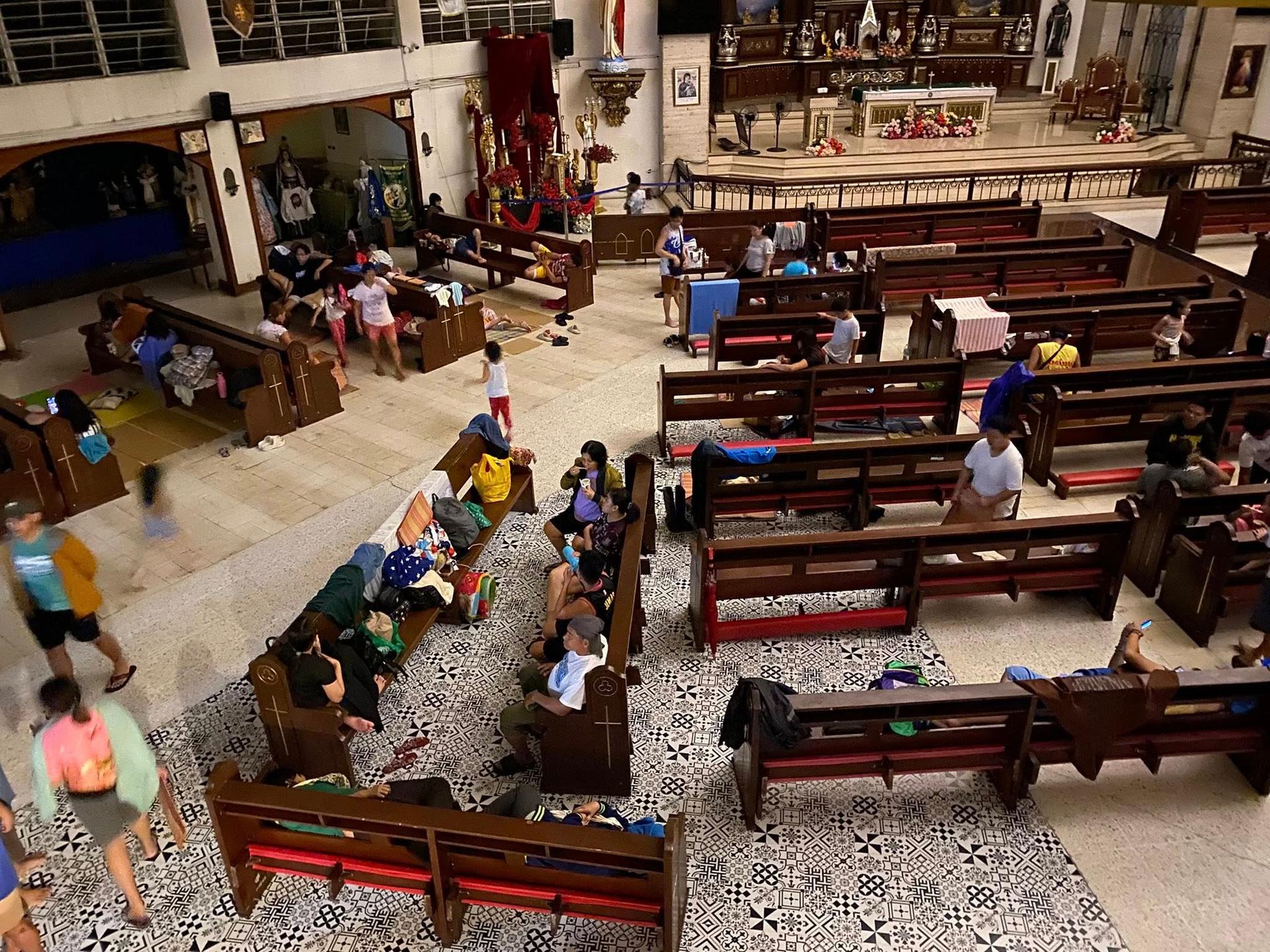MANILA, Philippines – Cardinal Pablo Virgilio David blamed corruption in government for the widespread flooding that submerged parts of the Philippines and temporarily forced thousands out of their homes this week.
“We are told it’s the climate — yes, climate change is real, and it is devastating. But let us be clear: the real disaster here is corruption,” said David, 66, in a four-page pastoral letter addressed to his diocese and released on Friday.
“The very funds meant to protect our people have been siphoned off by systems that enrich a few and endanger many. We must name this for what it is: a sin against the poor, a betrayal of public trust, and a mockery of justice,” continued David, who is also the president of the Catholic Bishops’ Conference of the Philippines.
Parts of the Southeast Asian country, including Metro Manila, have suffered a rainy week due to the southwest monsoon that was enhanced by three tropical cyclones that entered the country in succession.
These weather disturbances have affected over 4.6 million people, forced over 179,000 to evacuate, and killed at least 26, including nine in the capital region. For days, the Office of the President has suspended classes and government work in the capital and affected provinces.
Many parishes in this Catholic-majority country served as temporary shelters for flood victims.
David’s territory, the Diocese of Kalookan in northern Manila, is one of the places most affected by the recent flooding.
In his pastoral letter, David questioned why a flood barrier in Malabon City, which is part of his diocese, was damaged just after a few days of torrential rain. He pointed out that the barrier had been severely damaged in 2024, but “we were told that it had been repaired.”
He noted how the national government has spent over P5 billion ($87.54 million) on flood control projects in Malabon and Navotas, in his diocese, since 2003. Yet “we still suffer from broken pumps, non-functioning floodgates, clogged canals, and substandard construction,” he said.
“This is not a new crisis, it is a recurring one,” the cardinal said. “How many more cycles of damage and neglect must our communities endure before real accountability is demanded?”
Known as a human rights defender, the cardinal also pointed out the reclamation activities in the capital’s Manila Bay, which he described as “one of the most destructive contributors to this worsening flooding.”
He said that these projects have been approved by the government without consulting affected communities and without conducting a “science-based” assessment. They have thus “disrupted the delicate balance of land and sea, pushing tidal waters deeper into our communities and aggravating an already desperate situation.”
David then urged the Filipino youth to act, “because this is your future they are mortgaging.”
“As a Church, we do not wield power over budgets or policies. But we have a voice, and we must use it. Let us call on our public officials from the barangay (village) to the halls of Congress — to subject all flood control and infrastructure projects to citizen audit, to publish all project details for public scrutiny, and to stop using government funds as currency for political favors,” he said.
“Let us pray for an end to corruption, yes. But let us also act,” said David, a biblical scholar, who then quoted the Letter of James: “Faith without action is dead.”
Like David, Cebu Archbishop-designate Alberto Uy voiced concern about environmental degradation, and called for “conversion not only of the heart, but of habits” in the wake of the recent floods.
Uy, the incoming head of the Philippines’ biggest archdiocese, emphasized that the problems of garbage and flooding do not only constitute a civic issue, but “a moral and spiritual issue.” He said that people “are only caretakers of Creation,” and that “when the Earth groans, the poor suffer.”
Uy suggested “small actions” such as proper waste disposal, segregation and reduction of waste, community clean-up drives, and education in environmental responsibility. “Let us simplify our lives and reject a throwaway culture,” he added, echoing the late Pope Francis.
“Brothers and sisters, when we love truly, we change our ways. Let us love creation not just with words but with action. Let us love the poor by protecting them from floods and environmental disasters. Let us love the future by making choices that heal, not harm,” Uy said.












